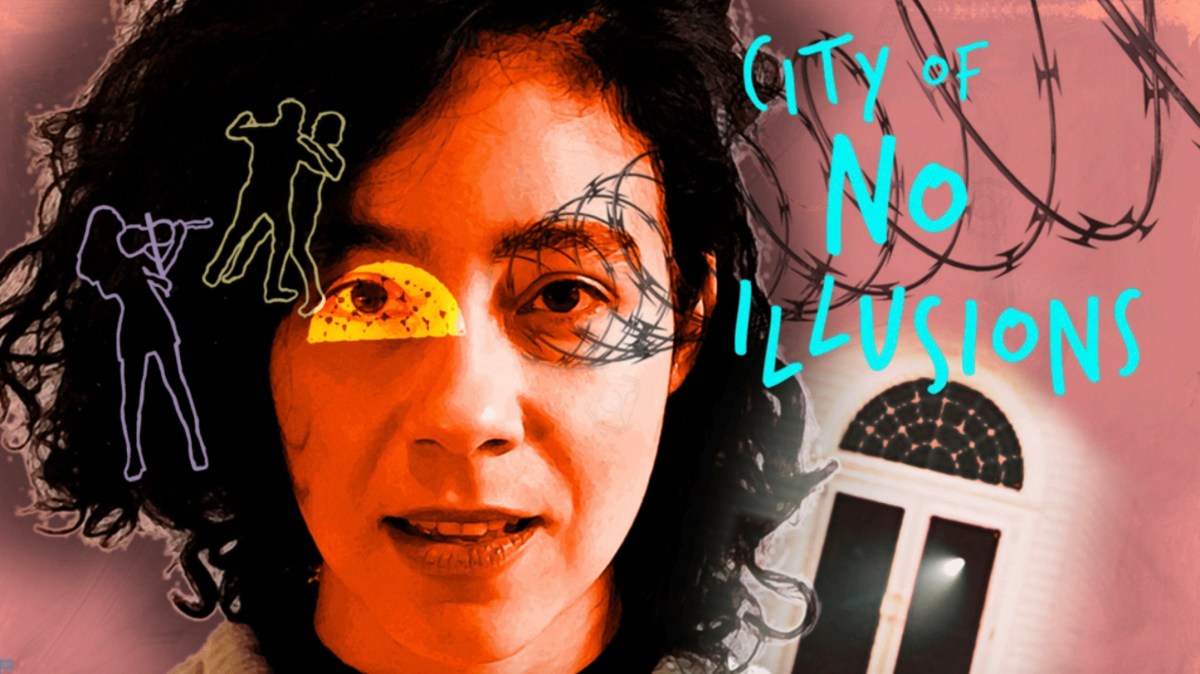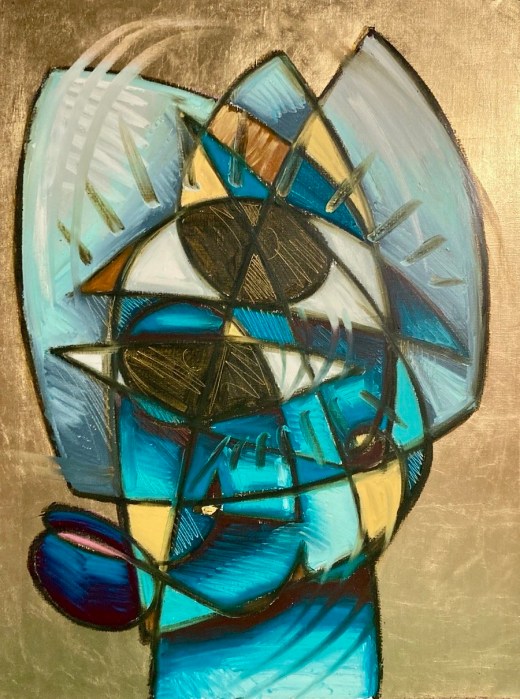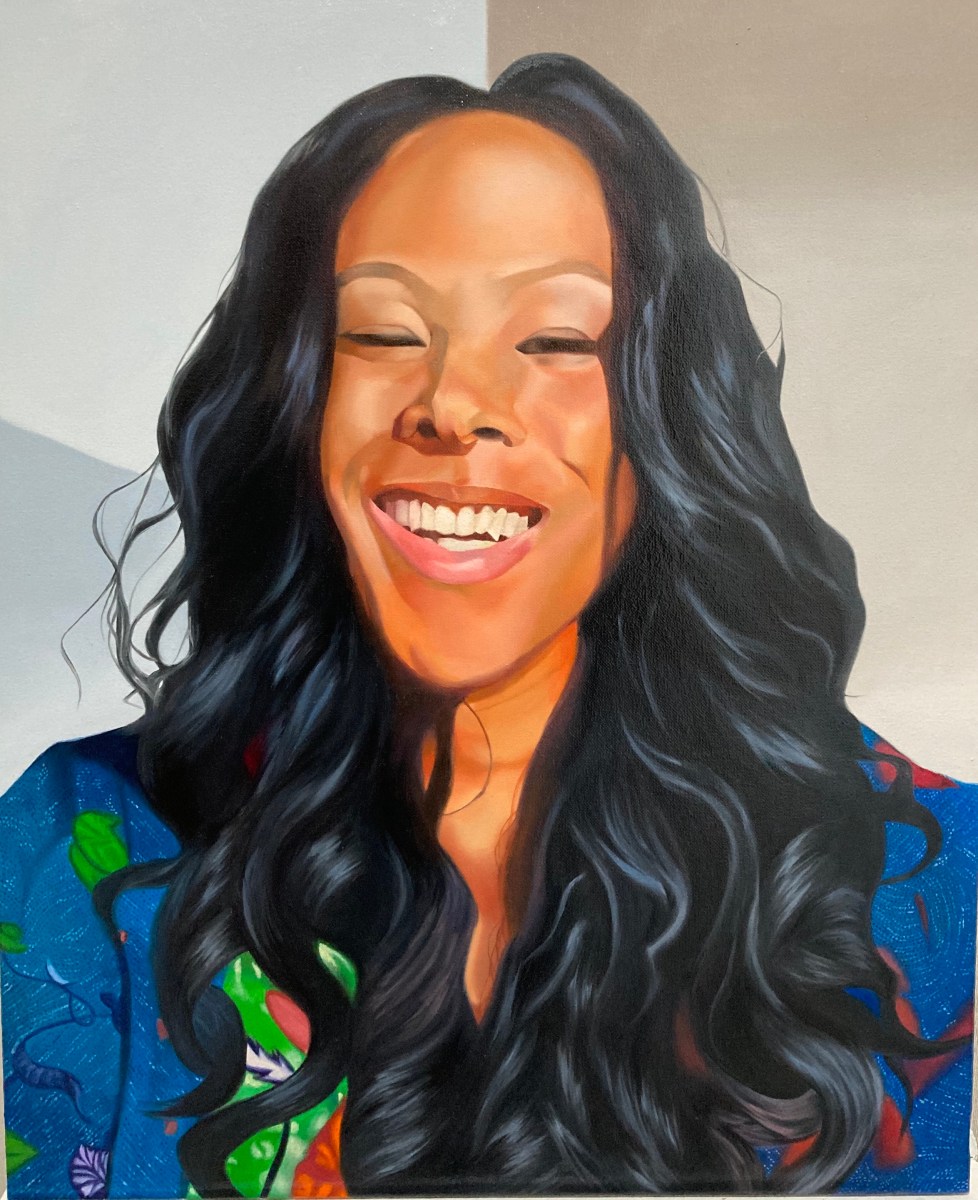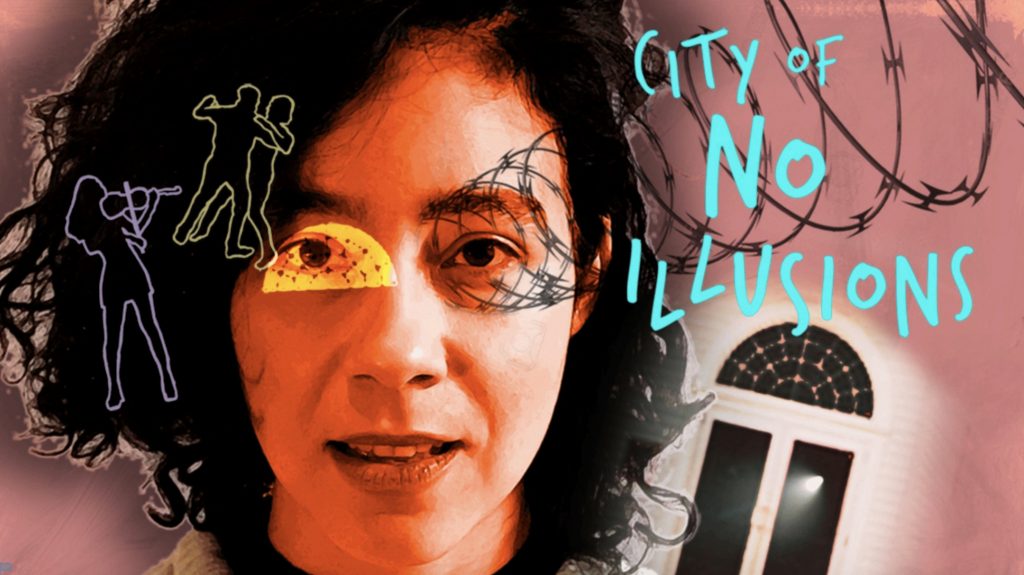
BY GABE HERMAN | A new play is coming to La MaMa Experimental Theatre Club in the East Village that explores issues around immigration, refugees and borders.
The piece, “City of No Illusions,” is from the theater company Talking Band, an avant-garde organization that has been based in New York City since 1974. The play will run at 66 E. Fourth St. from Feb. 8 through Feb. 24, including previews, with opening night set for Feb. 13.
The work is centered around a funeral home run by two sisters in Buffalo, N.Y., near the Canadian border. The mortuary accidentally becomes a sanctuary for two immigrants, a man from Syria and a woman from El Salvador. The play includes ICE agents pursuing the immigrants, and ends up with the sisters’ lives intertwined with the immigrants in various ways, according to Talking Band’s description.
Paul Zimet, a co-founder of Talking Band, who wrote and directed the work, said he met two real women who are funeral directors in Buffalo, and blended that in with a sanctuary in Buffalo called Vive that he read about in The New Yorker.
“I became very interested in this idea of borders, between countries and also between the living and the dead,” he said. “The piece became not only about borders but the passageway through those borders.”
The work draws further real-life influence from the opioid epidemic, as increasing deaths cause the funeral home sisters to be overwhelmed and in need of help from the two immigrants.
Zimet, a native New Yorker who has lived in Soho since 1973, said he wanted to explore immigration and refugees through the characters’ lives, but not beat the audience over the head with the issues.
“People aren’t interested in more polemicizing about it,” he said.
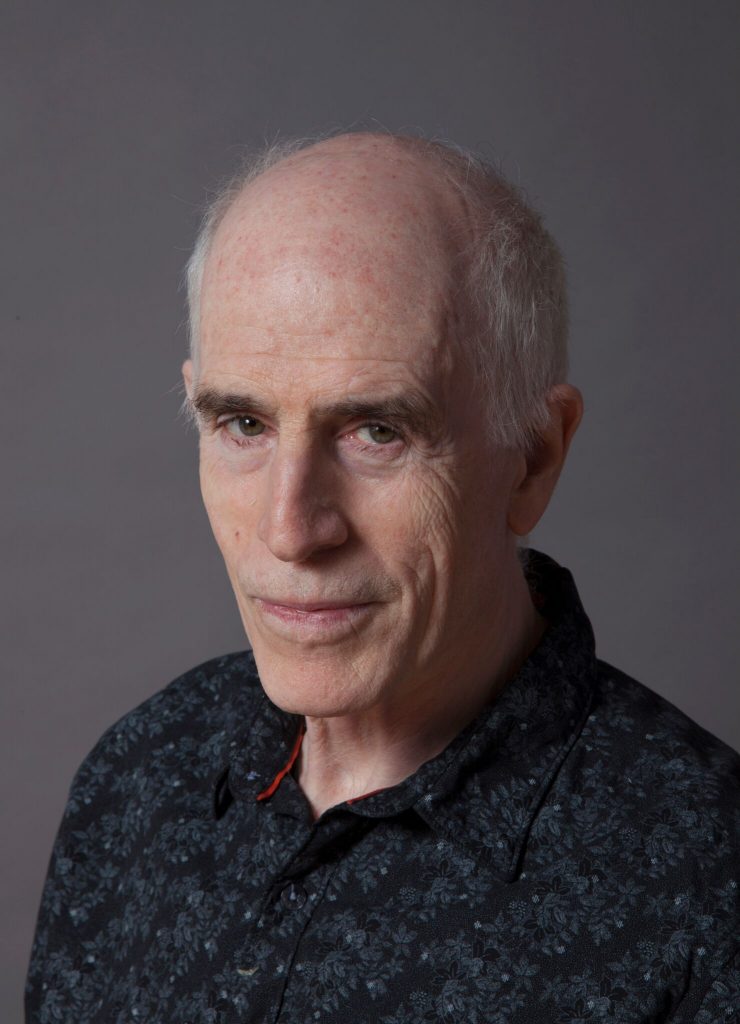
The play shows the ICE agents, for example, as people with various sides.
“I didn’t want to demonize the ICE agents,” Zimet said, noting that one of them is into art and painting. “They’re not just one thing, they’re not just forces of policy. They have other sides.”
There are also more lighthearted moments, like farcical situations and mix-ups, and quirky characters, Zimet added.
“I felt that with a serious subject like this, you need a lot of humor,” he said, “otherwise you get weighed down by it.”
“City of No Illusions” also features a live “shadow band” with songs about the journeys and plights of immigrants. The show’s original music is by Talking Band co-founder Ellen Maddow.
Zimet said the band seems to live in a sanctuary, though it is unclear if they are refugees or even if they’re living or dead. They “seem to span across these borders,” he explained.
The playwright also noted the diversity of the cast members, whose backgrounds are from Syria, Iran and Serbia, among others, and who range in age from their 20s to 70s.
That diversity helped keep the play authentic, said Zimet. He also noted that actors would point out when something didn’t seem right, or would even say when certain lines might endanger their families back home.
“It sort of brings it home to you that, ‘Wow, this is real, it’s affecting real people,’ ” he said of the connection between actors and the characters they portray. “It’s been very valuable and necessary to have that kind of input from people whose experience is close to them.”



